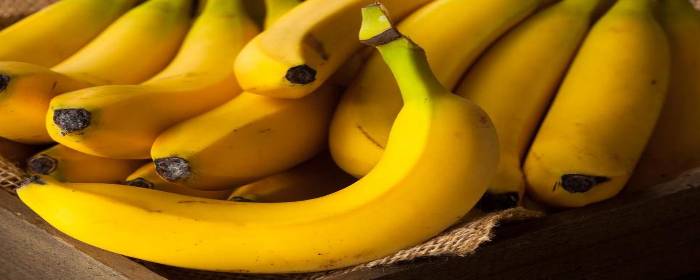Potassium is a mineral which plays many important roles in the body. It supports both cellular and electrical function, and is one of the blood minerals called an electrolyte, meaning that it carries a small electrical charge. The body uses this electricity to manage processes such as fluid balance, muscle contractions, and nerve signals. Thus, when your body has too much or too little potassium, it can alter many critical functions.
According to research, a potassium-rich diet can reduce blood pressure and water retention. It may also prevent stroke, osteoporosis, and kidney stones. In addition to keeping these conditions at bay, having optimal potassium levels also supports your overall wellbeing. When potassium levels dip too low, a condition called hypokalemia can set in. It’s characterized by muscular cramping or weakness, depression, insomnia, and cardiovascular complications, including abnormal heart rhythm. With that said, it’s also possible to get too much potassium, which is why most medical experts agree that getting the mineral through diet is the safest way to maintain optimal levels.
Unless you have a known kidney disorder or another condition which would cause you to limit your potassium consumption, you can aim for up to 4,700 milligrams per day of the mineral. Below, we’ve compiled a list of potassium-rich foods to start incorporating into your diet.
7 Foods High in Potassium
Beet Greens: When cooked, a 100-gram serving of beet greens has over 900 mg of potassium! When they’re in season (June through October), try sautéed beets with a little garlic and olive oil.
White Potatoes: Oftentimes, starchy foods like white potatoes get a bad reputation. In reality, white potatoes are high in nutrients, and 3.5 ounces of baked white potatoes contain 544 mg of potassium.
Pinto Beans: Versatile pinto beans can be added to chili, served as a side dish, or incorporated into salads and burritos. And, with nearly 650 mg, they pack a powerful punch of potassium.
Greens: There’s a reason kale is hailed as a superfood. As one of the most nutrient-dense but low-calorie foods on the planet, it is an excellent source of vitamins C and K, antioxidants, and has nearly 450 mg of potassium. Spinach, too, is a strong contender, and a 100-gram serving has 466 mg of the mineral when cooked.
Salmon: Fish like wild salmon and halibut are loaded with potassium, and most will satisfy upwards of 10% of your daily recommended intake. They’re also rich in vitamin D and omega-3 fatty acids.
Avocado: Another superfood, avocados are packed with fiber, heart-healthy fatty acids, and potassium. A single serving meets 14% of your daily recommended value for potassium, too.
Bananas: The yellow fruit has rightfully earned its longstanding reputation as a potassium-rich food. Yet, with roughly 350 mg per serving, all of the other foods on this list actually contain more potassium than bananas!


 St. Petersburg, Florida
St. Petersburg, Florida
